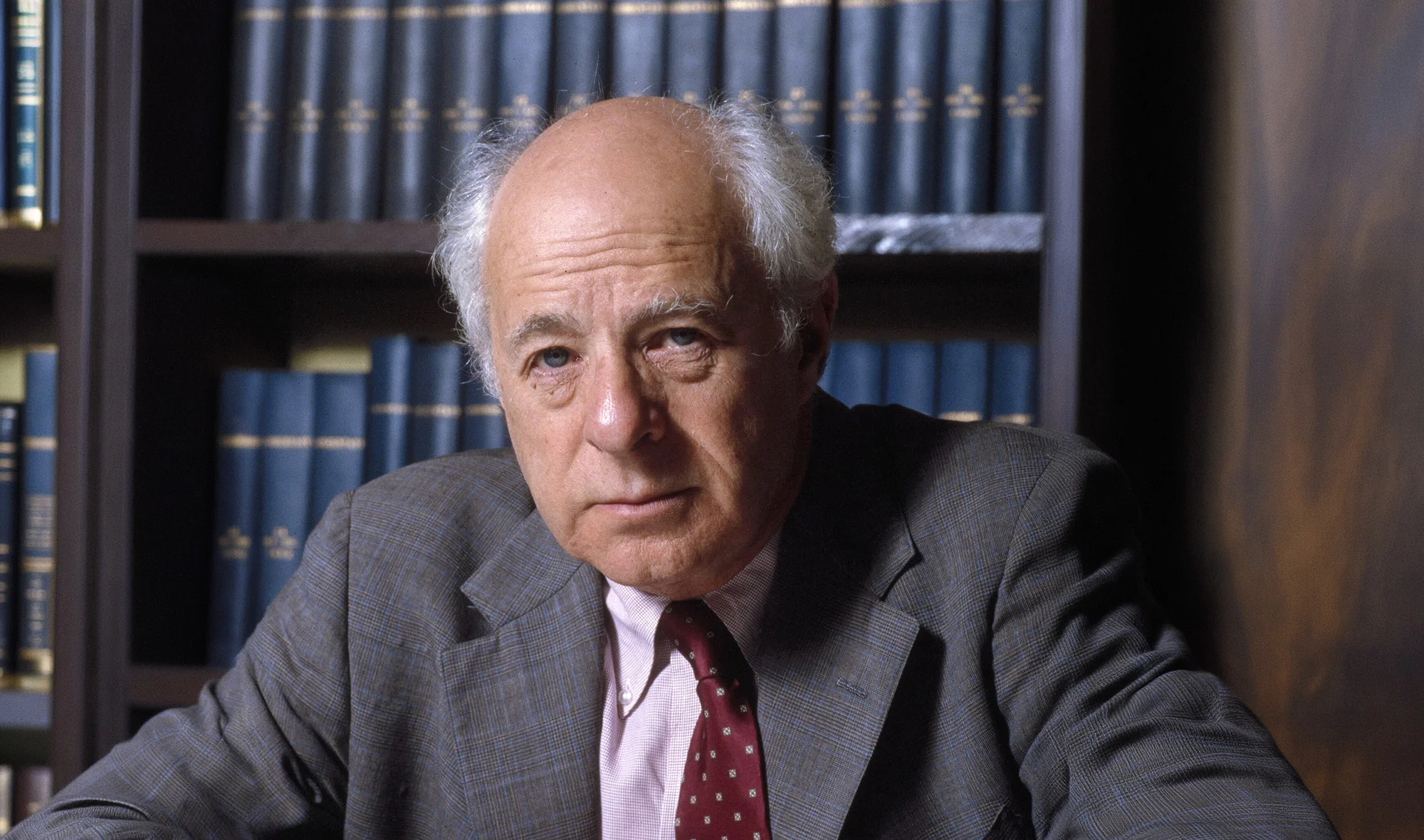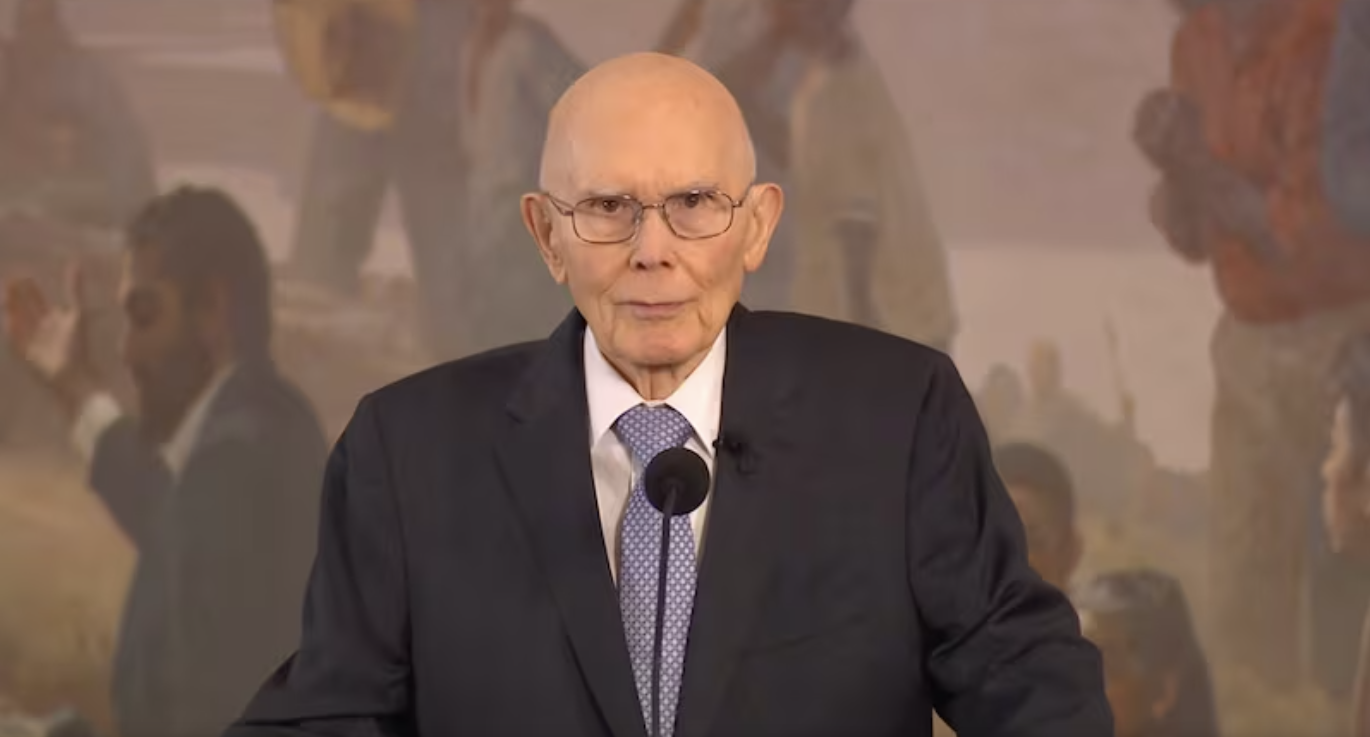
Dallin Oaks: From Legal Giant to Leader of the Church of Jesus Christ of Latter-day Saints
Dallin Oaks’s remarkable story cannot be divorced from the highest levels of the legal profession, but it is also separate from it.
In 1981, President Reagan made an important decision that has only become more important in the decades since. Attorney General William French Smith interviewed three men to serve as Solicitor General of the United States: Rex Lee, Dallin Oaks, and Antonin Scalia. Lee was the founding dean of Brigham Young University’s law school and a former high-ranking lawyer in the Justice Department. Oaks was a justice on the Utah Supreme Court, former president of BYU, and former professor and interim dean of the University of Chicago Law School. And Scalia was a professor at the University of Chicago Law School who also had served in a high-ranking post in the Justice Department.
Scalia really wanted the job and thought his primary competitor was Oaks; he was thus pleased to hear that Oaks withdrew from consideration. But rather than choosing Scalia, the Reagan Administration went with Lee.
Lee served with distinction as Solicitor General — where he hired a young assistant named Samuel Alito — and afterwards revolutionized private practice in the U.S. Supreme Court. Lee’s son, Mike Lee, now serves as the senior Senator from Utah. And Scalia served as a judge on the U.S. Court of Appeals for the D.C. Circuit, and then a justice on the Supreme Court. Had he been selected as SG, Scalia “never would have made it to the Supreme Court.”
But what about Oaks? Well, as of today, Oaks is now President of the Church of Jesus Christ of Latter-day Saints and is revered by millions of Latter-day Saints — aka, the Mormons — as the Lord Jesus Christ’s prophet on the earth. (By way of disclosure, I am a lifelong Latter-day Saint and former BYU professor.)
Oaks’s remarkable story cannot be divorced from the highest levels of the legal profession, but it is also separate from it. As he himself has explained, upon accepting a lifetime call to church service, he decided not to be “a lawyer who had been called as an apostle,” but rather “an apostle who used to be a lawyer.”
He was born in 1932 in Provo, Utah—the home of BYU. His father died when Oaks was seven, leaving his mother to raise three children. After serving in the National Guard, getting married, and graduating from BYU, he attended the University of Chicago Law School, where he excelled and became editor-in-chief of the law review. Upon the recommendation of Dean Edward Levi (who, critical to this story, later served as U.S. Attorney General), Oaks was hired by Chief Justice Earl Warren to serve as a law clerk. Oaks’ “conservative inclinations sometimes put [him] at odds” with Warren, but he respected the Chief Justice’s management of the courts. As Oaks later recounted, “I found myself in disagreement with his votes, and his judicial philosophy, about half of the time,” and that “where I differed with him is where I saw him doing what I thought a judge should not do. He ought to leave it to the legislature.”
Oaks then began his legal practice at Kirkland & Ellis. (By way of disclosure, my career in private practice has exclusively been at Kirkland.) Kirkland is now one of the largest law firms in the world, but at the time, it was a Chicago firm. I have spoken to Oaks just once, and he mused that he might be the only person alive who personally knew both Weymouth Kirkland and Howard Ellis. He probably is. (In reflecting on his career, Oaks also jokingly observed that he’s one of the few for whom essentially every job he has taken has paid less than the one before.)
At Kirkland, Oaks was a close friend of another young lawyer, Robert Bork. Oaks has recounted a significant event from that period:
In 1957, Howard G. Krane, who was Jewish, interviewed for a job at Kirkland. On his merits, Krane—who had been a classmate and on the law review with me at the University of Chicago—should have received an offer. Instead, he was brushed aside because he was Jewish. … We went together to the managing partner of the firm, Howard Ellis. Though only young associates, we took a strong position: Failing to hire Krane because he is Jewish was not only extremely shortsighted for a firm that was interested in top talent but was also deeply offensive to some young lawyers the firm was obviously grooming for future leadership. Krane was immediately hired and much later became that large firm’s managing partner.
As Judge Ray Randolph of the D.C. Circuit once put it, “Bork and Dallin Oaks led an uprising of the associates in Kirkland & Ellis. They were all going to go on strike unless the firm hired Howard Krane.” In 2009, Kirkland published a book celebrating its 100th anniversary, which recounts this story and says this about Oaks himself: “Oaks was a Mormon and a graduate of Brigham Young University. That didn’t matter either. … In sum, meritocracy was alive and well at the Firm.”
As young lawyers, Oaks and Bork talked about their shared love of legal theory. Then Oaks left the firm to become a professor at the University of Chicago. That move was a “blow” to Bork because Oaks “was acting on what” the two of them had “been discussing.” Bork followed Oaks into the legal academy one year later.
As a legal academic, Oaks was a star. He wrote an early article on the exclusionary rule — the idea that a constitutional violation necessarily requires the exclusion of evidence — that was the second most cited article in the history of the University of Chicago Law Review. (The most cited? Scalia’s The Rule of Law as a Law of Rules.) Oaks’ conclusion — later echoed by Scalia — urged “abolishing the exclusionary rule as to evidence obtained by searches and seizures, and replacing it with a practical tort remedy against the offending officers or their employers.” Notably, Oaks was one of Rex Lee’s professors at Chicago, and recommended him for a Supreme Court clerkship.
Oaks’s skills as a scholar eventually led to his being hired by Lewis Powell (later of the Supreme Court) to serve as “executive director of the American Bar Foundation, the ABA’s legal research arm.” It also prompted the University of Chicago to make Oaks interim dean, and BYU to hire him as university president in 1971, when Oaks was just 38.
While BYU president, Oaks’s reputation remained strong in the legal world. In fact, with now Attorney General Levi leading the charge, Oaks was for a time one of three top candidates to serve on the U.S. Supreme Court, in a seat that Justice John Paul Stevens eventually filled. Oaks was initially listed with 17 others, including Bork (who was Solicitor General) and Scalia (who was head of the Office of Legal Counsel). That list was narrowed, with Oaks, Bork, and Stevens listed in the top group. That group was later amended, however, to exclude Bork and Oaks. Why? According to Victor Kramer (a prominent lawyer and academic in his own right), “Oaks, a Mormon, would have faced confirmation difficulties in view of the then prevailing racial attitude of the Church of Latter Day Saints,” while “Bork probably was dropped because of [his] ‘most conservative’ views.”
During the Watergate crisis, Oaks also played a role. As Oaks later testified to the Senate during Bork’s nomination to the Supreme Court, Bork called him during the middle of the crisis to ask for a recommendation for a special prosecutor. Bork explained that “I have got to get a Special Prosecutor going, somebody that the American public will trust, someone that will have instant credibility with everyone because of his stature in the legal profession, and someone who is tough, because this is a tough job. … It has got to be a man of integrity and toughness who can carry the job through.” Oaks recommended two names: Justice Powell — “who was unavailable for obvious reasons” — and Leon Jaworski. Oaks stressed that Bork could “take [his] word for it — [Jaworski] is the man who will do the job you want done.”
When Reagan came looking for a Solicitor General, Oaks decided to stay on the Utah Supreme Court. Nonetheless, Senator Orrin Hatch pushed Oaks for the Supreme Court slot that went to Justice Sandra Day O’Connor. Afterwards, the Administration asked Oaks if he was interested in the D.C. Circuit — a springboard to the Supreme Court. Oaks, however, “declined and instead supported” Scalia. “In declining the DC Circuit post, [he] relied on a spiritual impression he had received in the temple,” in which the thought “flooded [his] mind, being repeated over and over: ‘Go to the [Utah Supreme Court], and I will call you from there.’” In 1984, Oaks was called to serve as a member of the Quorum of the Twelve Apostles, the “second highest governing body” of the Latter-day Saints, behind only the First Presidency.
For more than 40 years, Oaks has served full-time in church leadership, including serving in the First Presidency since 2018. As he has explained:
The Quorum of the Twelve is a lifetime calling as an apostle of the Lord Jesus Christ. We serve for life, and that is the quorum from which the president of the church is chosen by seniority. And so one becoming an apostle is a potential future president of the church. He’s a member of the second quorum of the church. The first quorum of the church is the first presidency, the three presidents who preside over the church. When the president of the church dies, the senior apostle in point of service becomes president of the church.
Unsurprisingly, his focus since then has been on matters of the spirit. Yet he has continued to make observations about the law, especially religious liberty. Indeed, he has stated:
I’ve been interested in religious freedom for a long time, and I feel that as an apostle of the Lord Jesus Christ, I have a responsibility to be concerned about something I have some professional qualifications in that is fundamental for Christians, Jews, Muslims, [and] people of any religious faith.
Oaks has also offered thoughts that I often reflect upon when I’m studying constitutional law. He stated that “the United States Constitution contains at least five divinely inspired principles,” namely (i) “the source of government power is the people”; (ii) “the division of delegated power between the nation and its subsidiary states”; (iii) “the separation of powers”; (iv) “the cluster of vital guarantees of individual rights and specific limits on government authority in the Bill of Rights”; and (v) “all persons are to be equal before the law.” Combined, “[t]hese principles block the autocratic ambitions that have corrupted democracy in some countries” and help ensure “that none of the three branches of government should be dominant over the others or prevent the others from performing their proper constitutional functions.”
He has also explained that “[a] public policy or a proposed law that is unwise is not necessarily unconstitutional. Even if it is a stupid proposal, it is not necessarily unconstitutional.” That point is reminiscent of Scalia, who joked: “A lot of stuff that’s stupid is not unconstitutional. I gave a talk once where I said they ought to pass out to all federal judges a stamp, and the stamp says—Whack! [Pounds his fist.]—STUPID BUT CONSTITUTIONAL. Whack! [Pounds again.] STUPID BUT CONSTITUTIONAL! Whack! STUPID BUT CONSTITUTIONAL.”
Oaks thus has in many ways the hallmarks of a traditional judicial conservative. He was close with Bork and Lee and supported Scalia for the D.C. Circuit; he rejected Warren’s judicial philosophy; and he believes that it violated the rule of law “when a state attorney general and governor refused to enforce or defend a state law limiting marriages to those between a man and a woman because they personally opposed that law on secular grounds.”
In other ways, though, Oaks is unlike some judicial conservatives. He is not a Scalia-type originalist, for example; instead, be believes that “the compelling traditions of common law adjudication show that the law—even constitutional law—can grow gradually to meet the problems and challenges of a new day,” though he does believe that “the overriding requirements of stability in the law forbid judges from using their office to enact their own personal preferences and moral framework in the way they could justifiably do as legislators.” Nor does he agree that government officials should withhold marriage licenses from same-sex couples because, in his view, “people of faith should not contest every nondiscrimination law or policy that could possibly impinge, however insignificantly, on institutional or individual religious freedom.” A similar (though not identical) question is pending before the Texas Supreme Court, and various religious liberty scholars and groups have filed briefs in support of a judge who declines to officiate at same-sex marriages.
What is clear, however, is that Oaks understands U.S. constitutional law in a way that very few religious leaders do. He has been thinking about the law for more than 70 years and was (at least) twice considered for the U.S. Supreme Court. Not only does he know constitutional theory as well as almost anyone, moreover, but as a former president of a large religious university, he has personal experience navigating difficult legal challenges. Such talents and training made him an attractive candidate to be Solicitor General during the Reagan Revolution. But perhaps they are even more important for a church president in our age.
Aaron L. Nielson is a senior fellow at the Civitas Institute and holds the Charles I. Francis Professorship in Law at the University of Texas at Austin School of Law.
Pursuit of Happiness
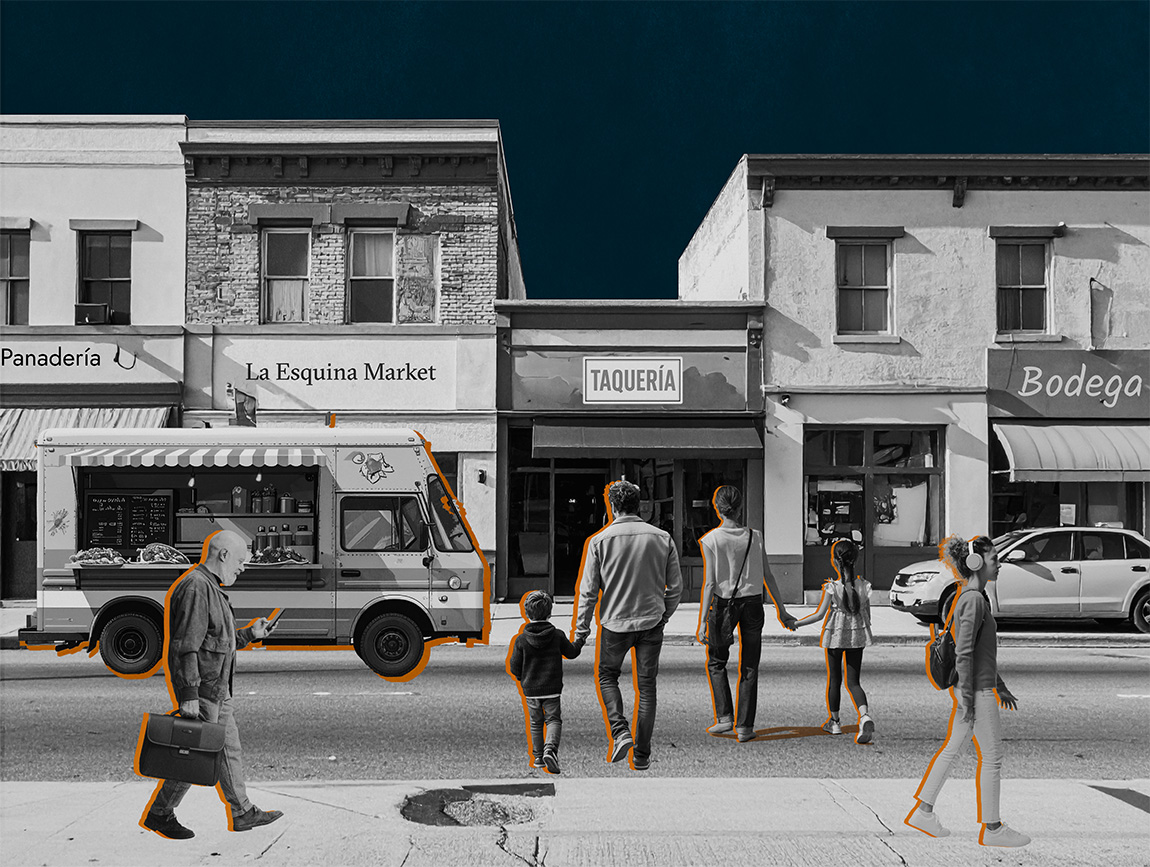
The Rise of Latino America
In The Rise of Latino America, Hernandez & Kotkin argue that Latinos, who are projected to become America’s largest ethnic group, are a dynamic force shaping the nation’s demographic, economic, and cultural future. Far from being a marginalized group defined by oppression, Latinos are integral to America’s story. They drive economic growth, cultural evolution, and workforce vitality. Challenges, however, including poverty, educational disparities, and restrictive policies, threaten their upward mobility. Policymakers who wish to harness Latino potential to ensure national prosperity and resilience should adopt policies that prioritize affordability, safety, and economic opportunity over ideological constraints.
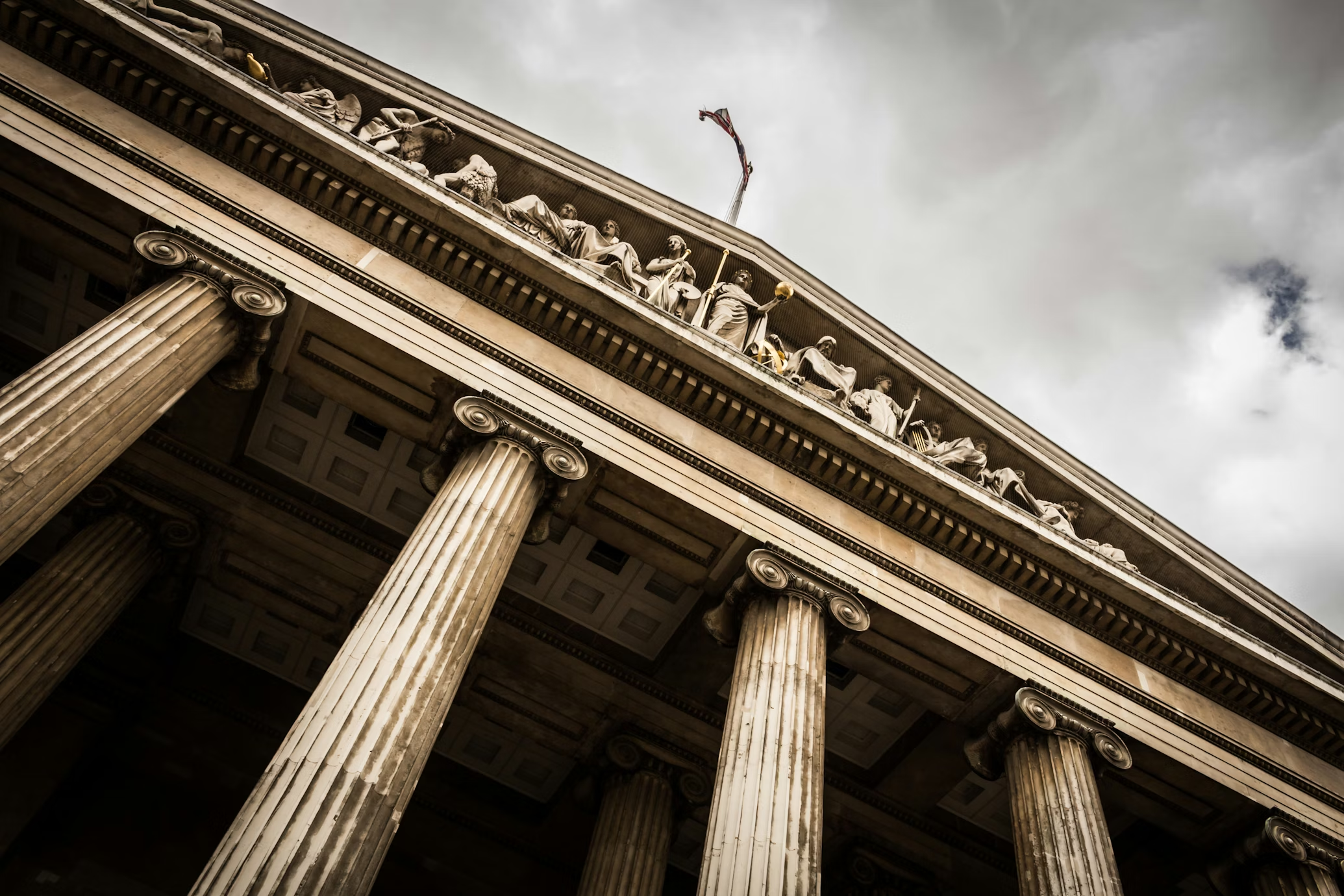
Richard Epstein on Roman Law and Sociobiology
How and why Roman law worked, how it eventually fell apart, and sociobiology as a way to explain the foundations and limits of legal norms.

In Defense of Israel’s Legitimacy
Pierre Manent reflects on Alain Finkielkraut’s luminosity of soul and his admirable contribution to contemporary intellectual life.

The Original Sin of U.S. Health Care
As long as most Americans receive health insurance as an invisible, employer-managed fringe benefit, health care will remain expensive, opaque, and unresponsive.
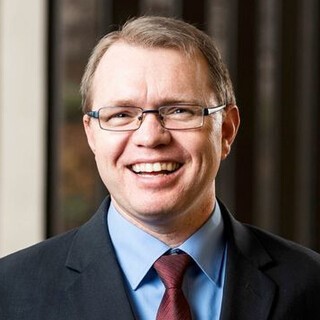

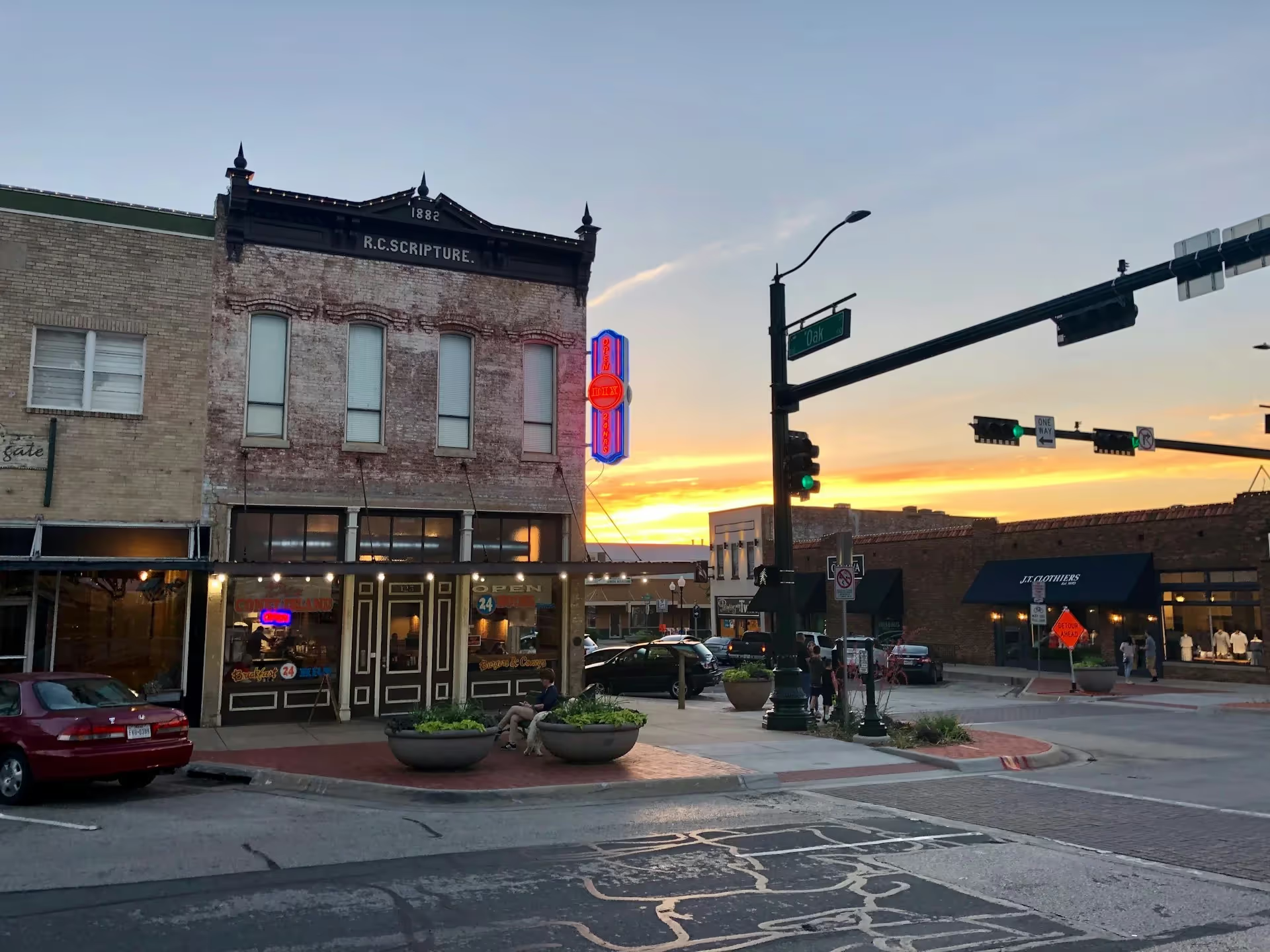







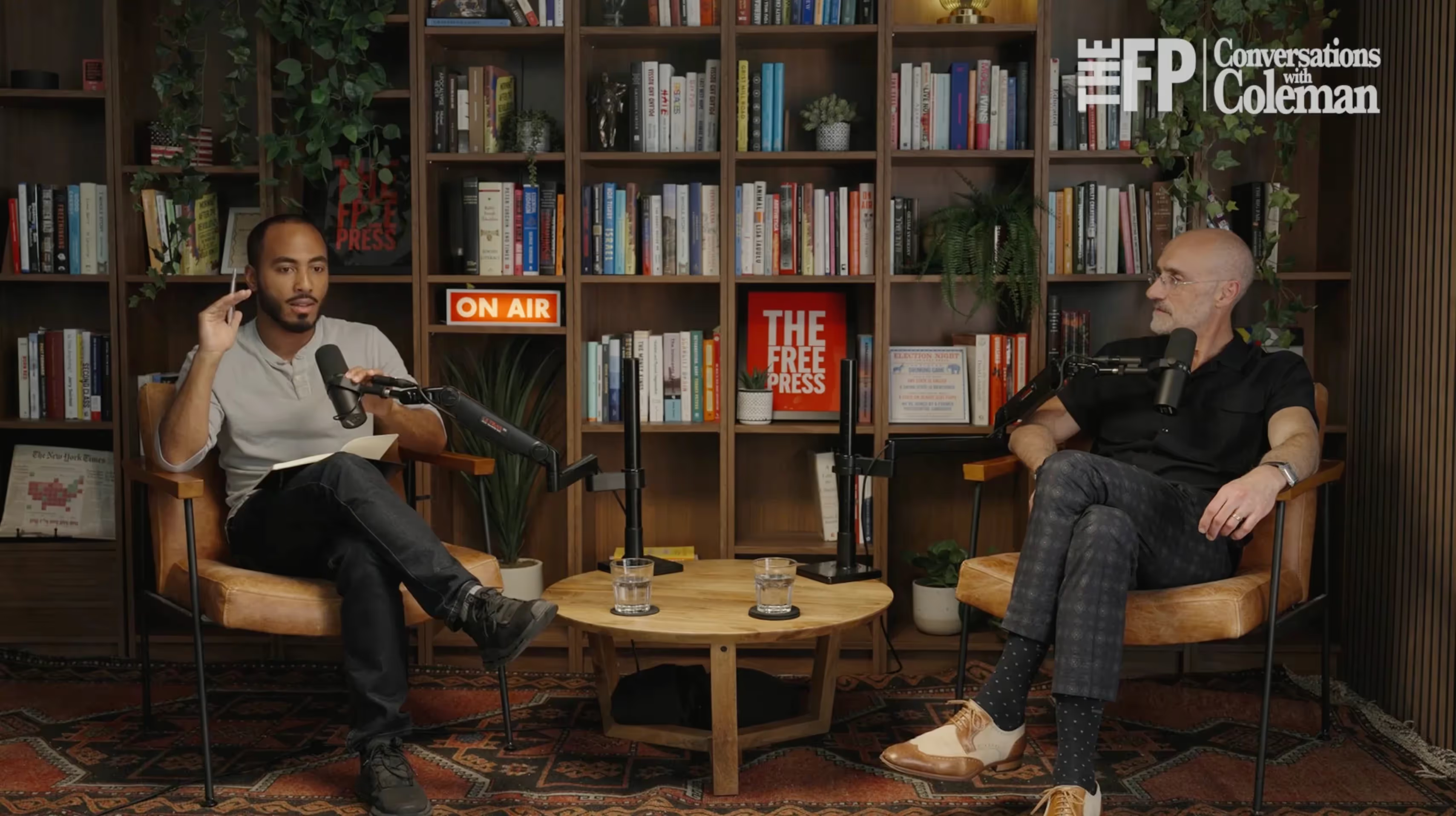
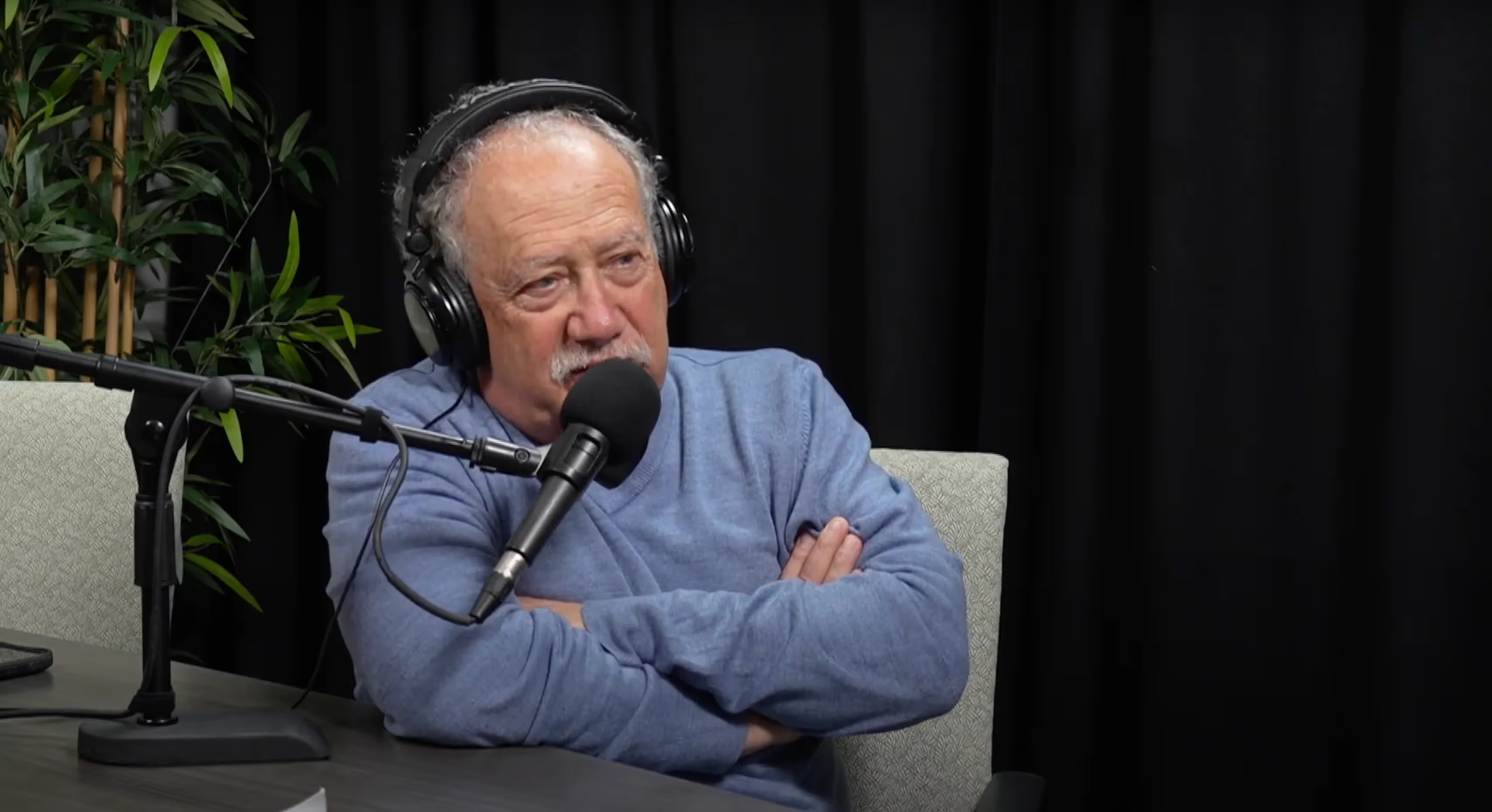
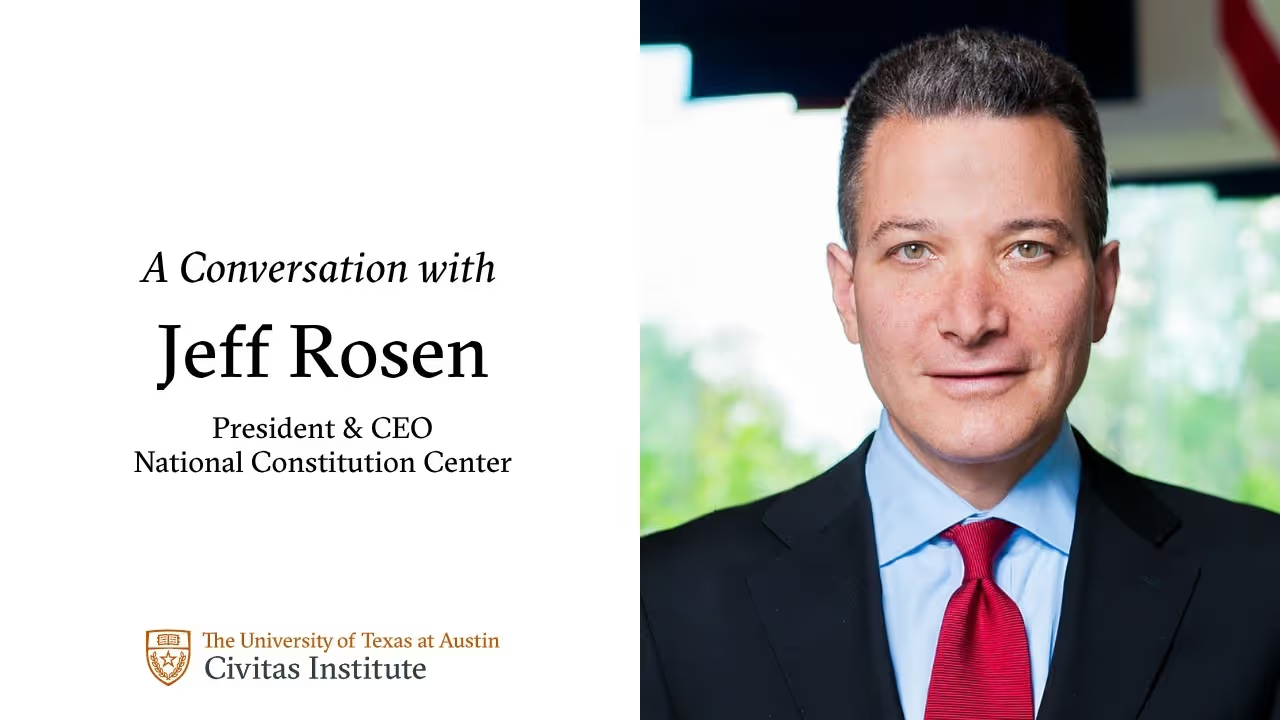

.jpg)
